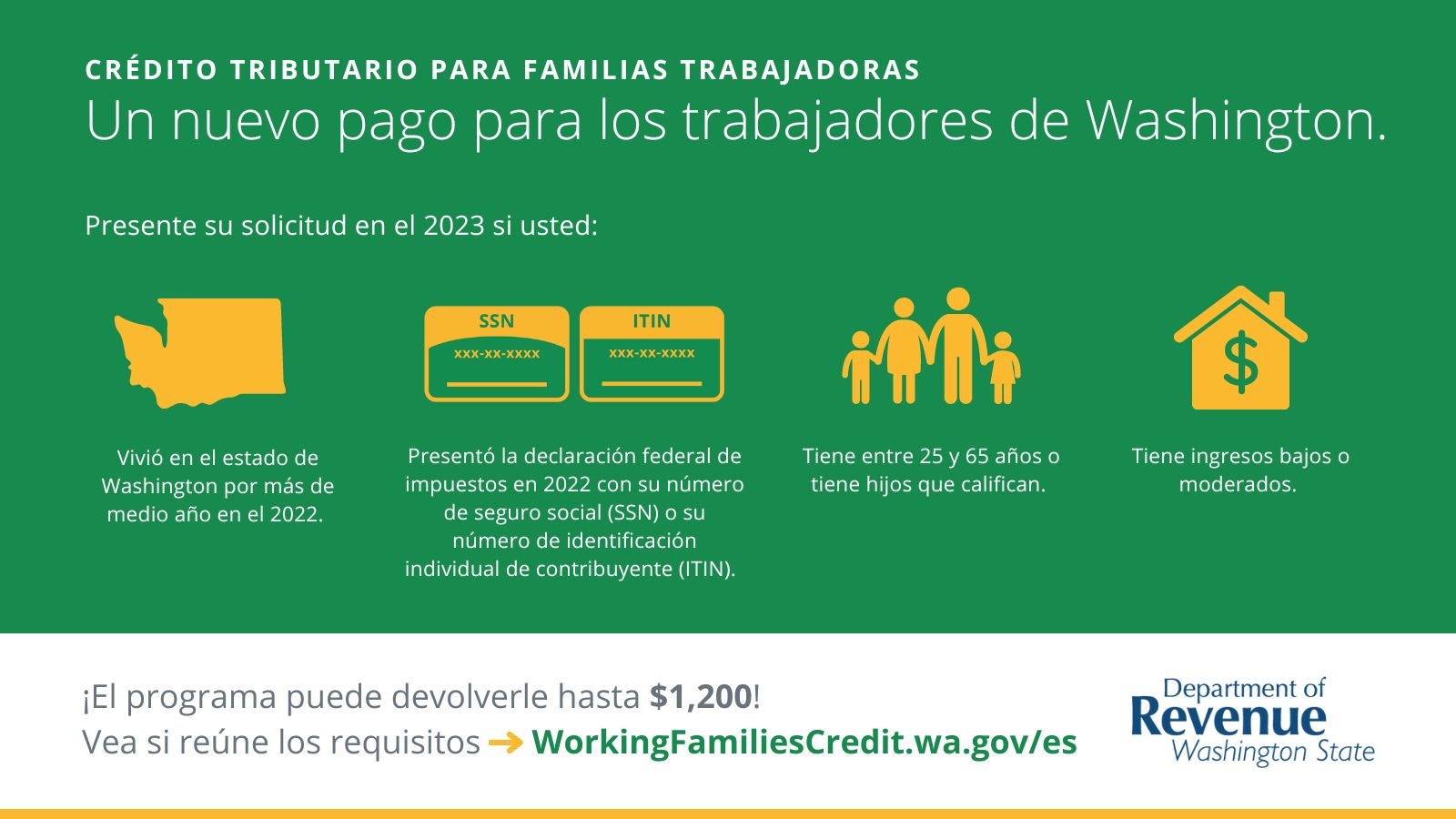Are you a Michigan resident who is curious about the Michigan Working Families Tax Credit? Look no further, because we have all the information you need. In this article, we will explore what the Michigan Working Families Tax Credit is, how it works, and its benefits for working families in the state. So, let’s dive right in!
What is the Michigan Working Families Tax Credit?
The Michigan Working Families Tax Credit is a state-level tax credit designed to provide financial assistance to low-income working families in Michigan. It was introduced to help ease the burden of taxes on families who are struggling to make ends meet. This credit is refundable, which means that even if the credit exceeds the amount of taxes owed, eligible families will receive the full credit amount as a refund.
How Does the Michigan Working Families Tax Credit Work?
The Michigan Working Families Tax Credit is based on the federal Earned Income Tax Credit (EITC). Eligible families in Michigan can claim a percentage of their federal EITC as a state credit. The credit amount is determined by the individual’s income and the number of qualifying dependents. The credit decreases gradually as income increases and phases out completely once the income reaches a specified threshold.
To claim the Michigan Working Families Tax Credit, eligible taxpayers must file their annual state tax return and complete the necessary forms. It’s important to note that the credit is not available to everyone, and certain income limits and eligibility requirements apply. It’s recommended to consult with a tax professional or use tax preparation software to ensure eligibility and accurate filing.
Benefits of the Michigan Working Families Tax Credit
The Michigan Working Families Tax Credit offers several benefits to eligible families. Here are some of the key advantages:
1. Financial Relief:
The Michigan Working Families Tax Credit provides financial relief to low-income working families. It helps to offset the burden of taxes and allows families to keep more of their hard-earned income. This extra money can be used to pay for essential expenses, such as housing, utilities, groceries, healthcare, and education.
2. Poverty Reduction:
By targeting low-income working families, the Michigan Working Families Tax Credit aims to reduce poverty levels in the state. It recognizes the challenges faced by these families and aims to provide them with additional resources to improve their quality of life. The extra income can help lift families out of poverty and create a pathway to a more stable financial future.
3. Incentive to Work:
The Michigan Working Families Tax Credit serves as an incentive for individuals to enter or remain in the workforce. By providing a financial reward for work, it encourages individuals to seek employment opportunities and strive for financial independence. This can have positive effects on the overall economy by increasing workforce participation and productivity.
4. Stimulating Local Economy:
When low-income working families receive the Michigan Working Families Tax Credit, they are more likely to spend the additional income in their local communities. This increased spending can stimulate local businesses and boost economic growth. It creates a multiplier effect, generating additional income and job opportunities for others in the community.
Frequently Asked Questions
1. Who is eligible for the Michigan Working Families Tax Credit?
To be eligible for the Michigan Working Families Tax Credit, individuals must meet certain criteria. They must have earned income from work, be at least 18 years old, have a valid Social Security number, and meet the income requirements set by the state. The credit is available to both single taxpayers and married couples filing jointly.
2. How much can I expect to receive from the Michigan Working Families Tax Credit?
The credit amount varies depending on the individual’s income and the number of qualifying dependents. The maximum credit amount for the tax year 2021 is $6,765 for families with three or more qualifying children. The credit amount gradually decreases as income increases and phases out completely once the income reaches a certain threshold.
3. How do I claim the Michigan Working Families Tax Credit?
To claim the Michigan Working Families Tax Credit, eligible taxpayers must file their annual state tax return and complete the necessary forms. It’s important to accurately calculate the credit amount and provide all required information. It’s recommended to use tax preparation software or consult with a tax professional to ensure eligibility and accurate filing.
4. Are there any other tax credits or benefits available for working families in Michigan?
In addition to the Michigan Working Families Tax Credit, there are other tax credits and benefits available for working families in Michigan. These include the federal Earned Income Tax Credit (EITC), Child Tax Credit (CTC), and Child and Dependent Care Credit (CDCC). Eligibility and credit amounts may vary, so it’s important to review the specific requirements for each credit.
Final Thoughts
The Michigan Working Families Tax Credit plays a vital role in providing financial assistance to low-income working families in the state. It offers relief from taxes, reduces poverty, incentivizes work, and stimulates the local economy. Eligible individuals should take advantage of this credit by accurately filing their state tax returns and claiming the credit they deserve. It’s important to stay informed about any changes to the credit and seek professional guidance if needed. Remember, the Michigan Working Families Tax Credit is designed to provide a helping hand to those who need it most.
